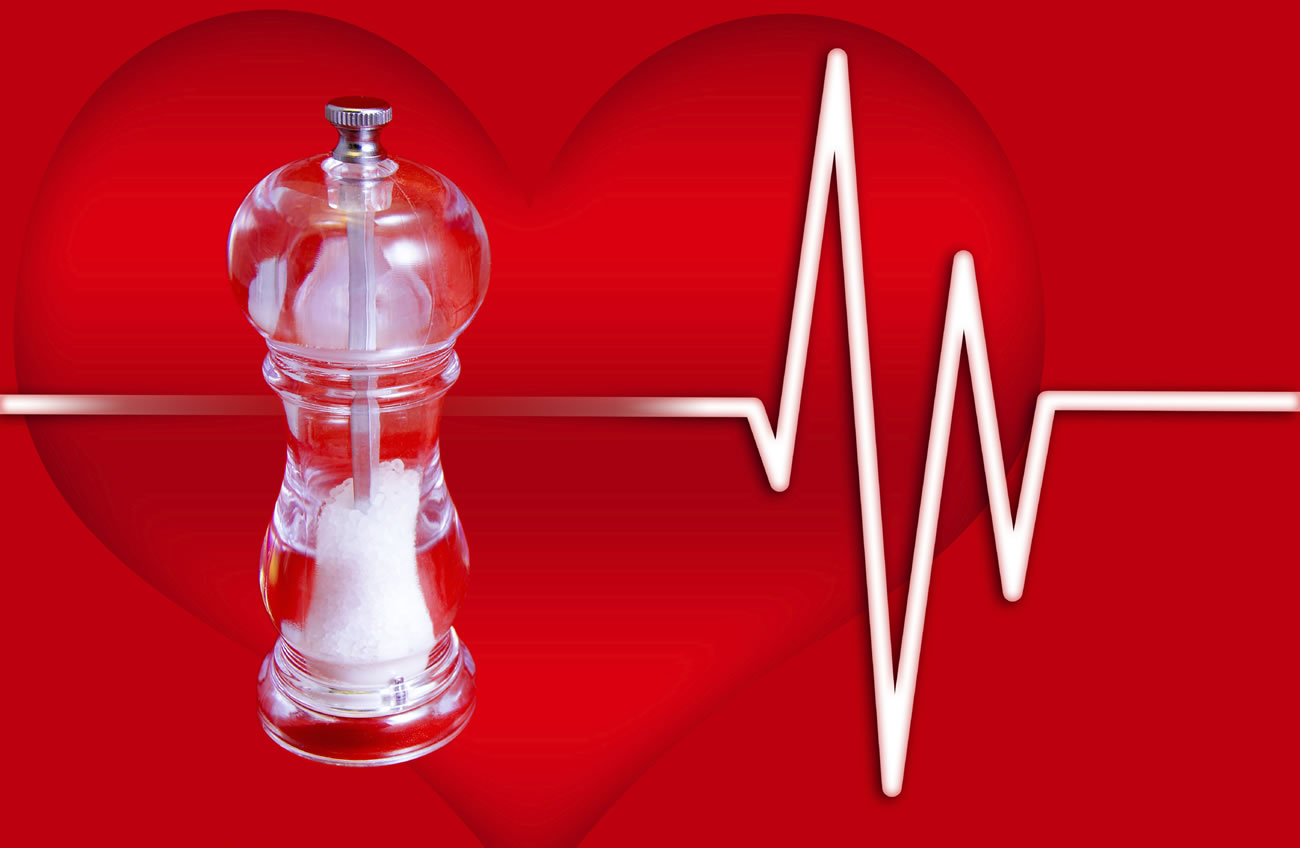- Empty cart.
- Continue Shopping
The Impact of Sodium on Blood Pressure

High blood pressure, or hypertension, is a common health condition that can have serious consequences if left unmanaged. One of the key dietary factors that can influence blood pressure is sodium.
Sodium and Blood Pressure: The Connection
Sodium is an essential mineral that plays a critical role in regulating bodily functions, including fluid balance, nerve function, and muscle contractions. However, excessive sodium intake, primarily in the form of salt (sodium chloride), can have a significant impact on blood pressure. Here’s how it works:
- Fluid Retention: Sodium has the ability to retain water in the body. When you consume high levels of sodium, your body retains more water, which can increase blood volume and subsequently raise blood pressure.
- Vasoconstriction: Elevated sodium levels can lead to the narrowing of blood vessels (vasoconstriction). This narrowing makes it more difficult for blood to flow through the vessels, resulting in increased pressure against the vessel walls, contributing to higher blood pressure.
Recommended Sodium Intake
The recommended daily intake of sodium varies by age, sex, and specific health conditions. However, general guidelines suggest that most adults should aim for no more than 2,300 milligrams (mg) of sodium per day. For certain groups, such as those with high blood pressure, individuals over the age of 50, and African Americans, the recommended limit is even lower at 1,500 mg per day.
It’s important to note that the average American consumes far more sodium than recommended, often exceeding 3,400 mg per day, primarily due to the high sodium content in processed and restaurant foods.
The Impact of High Sodium Intake
Chronic high sodium intake can have several negative effects on cardiovascular health:
1. High Blood Pressure: Excess sodium consumption is a major contributor to the development and exacerbation of high blood pressure, a significant risk factor for heart disease and stroke.
2. Cardiovascular Disease: High blood pressure, driven by excessive sodium intake, can damage the arteries and increase the risk of heart disease, heart attacks, and strokes.
3. Kidney Function: The kidneys play a crucial role in regulating sodium balance in the body. Chronic high sodium intake can strain the kidneys and potentially lead to impaired kidney function.
4. Osteoporosis: Excessive sodium intake can result in the loss of calcium in urine, potentially contributing to the development of osteoporosis, a condition characterized by weak and brittle bones.
5. Fluid Retention: High sodium intake can lead to uncomfortable symptoms of fluid retention, such as swelling in the ankles, legs, and abdomen.
Strategies for Managing Sodium Intake
Reducing sodium intake can have a significant impact on blood pressure and overall cardiovascular health. Here are some practical strategies to help manage sodium intake:
1. Read Food Labels: Pay close attention to the sodium content listed on food labels. Choose products with lower sodium levels, and be mindful of serving sizes.
2. Cook at Home: Preparing meals at home allows you to control the amount of salt added to your dishes. Use herbs, spices, and other flavorings to season your food instead of salt.
3. Limit Processed Foods: Processed and packaged foods, such as canned soups, frozen dinners, and snacks, often contain high levels of sodium. Reduce your consumption of these items.
4. Choose Low-Sodium Options: When dining out or ordering takeout, opt for dishes labeled as low-sodium or request that your meal be prepared with less salt.
5. Rinse Canned Foods: If you use canned vegetables or beans, rinse them thoroughly before use to remove excess sodium.
6. Use Salt Substitutes: Consider using salt substitutes that contain potassium chloride, which can help balance sodium levels in the body.
7. Be Mindful of Condiments: Condiments like ketchup, soy sauce, and salad dressings can be high in sodium. Use them sparingly or seek out low-sodium alternatives.
8. Educate Yourself: Learn about hidden sources of sodium in your diet, such as baking soda, baking powder, and some antacids.
9. Monitor Your Blood Pressure: Regularly check your blood pressure, and consult with a healthcare provider if it’s consistently high. They can provide guidance on managing your sodium intake.
In Conclusion, Sodium intake plays a significant role in blood pressure regulation and overall cardiovascular health. Reducing sodium consumption, particularly from processed and restaurant foods, can lower the risk of high blood pressure and its associated health complications. By making informed food choices and adopting a low-sodium diet, individuals can take proactive steps toward improving their cardiovascular well-being and overall health.








